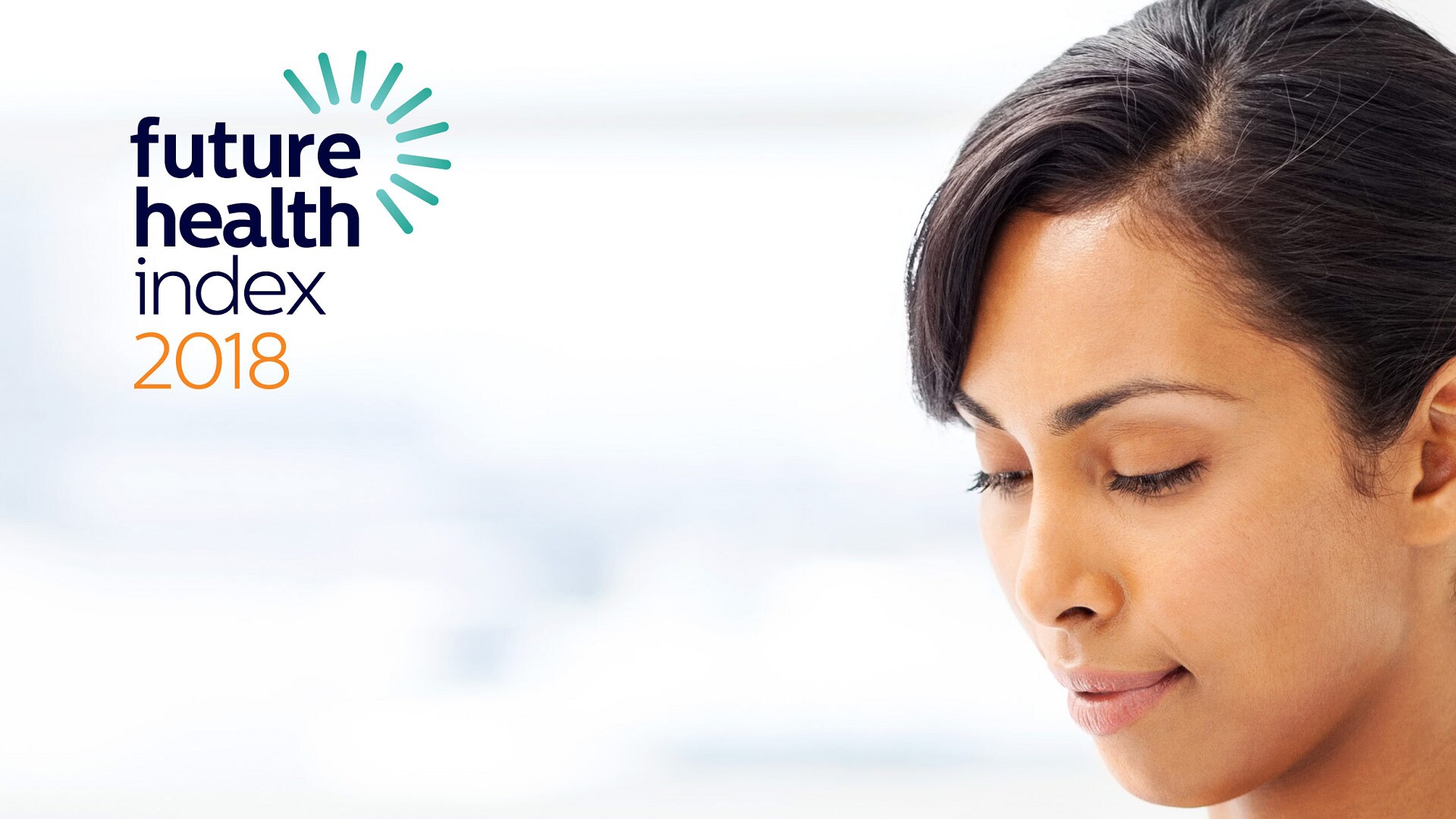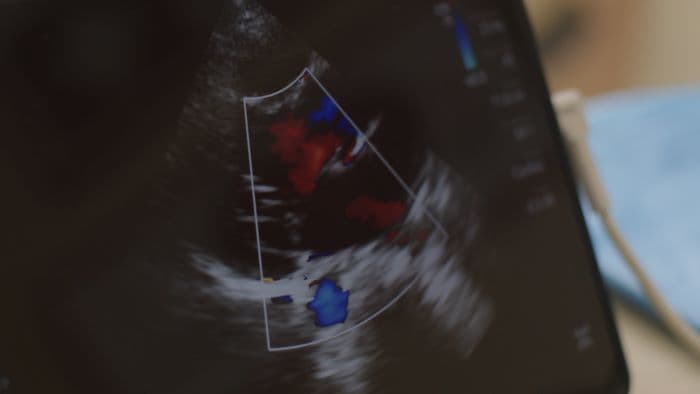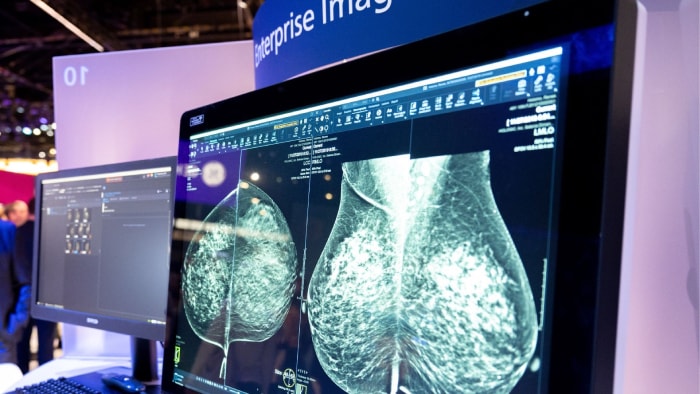Aug 30, 2018
Singapore’s healthcare system tops Philips-commissioned Future Health Index
Singapore – Royal Philips (NYSE: PHG, AEX: PHIA), a global leader in health technology, today released the first chapter of its 2018 Future Health Index (FHI), a research-based platform designed to help determine the readiness of countries in addressing global health challenges and in building efficient and effective health systems. According to the first chapter, which analyzed both primary research and third-party data from 16 countries, representing about half of the world’s population, Singapore’s healthcare system takes the lead for a number of key metrics. However, the report also highlights important areas of improvement for Singapore to retain its position on the world stage. This year’s FHI examines the value delivered by healthcare systems, combining criteria associated with value-based healthcare and access, in order to benchmark progress towards value-based care. The report also includes input from global healthcare experts to provide actionable insights for countries to improve the value their health systems deliver.
A leader in overall efficiency and satisfaction
Singapore tops the list for the efficiency of its healthcare system, boasting the most favorable ratio of spend vs health outcomes among the 16 countries included in the study. It also records the highest overall satisfaction score, with the majority (82%) of Singapore’s healthcare professionals feeling that the healthcare available to patients meets their needs, and nearly two-thirds (63%) of the general population agreeing. This year’s FHI also found that Singapore’s healthcare system scores well for technology adoption, with the highest end-use rate of electronic health records (EHRs) in hospitals (per hospital beds) and ambulatory care (per capita), as well as of software solutions for inventory management, computerized physician order entry and clinical decision support system solutions (per physician)[1].
Improving access to care
Despite Singapore’s top performance across most metrics, the FHI identifies access to care as an area for improvement, with Singapore scoring below average on this. According to the report, this result was driven by a lower than average density of skilled healthcare professionals and number of hospital beds in relation to the size of the population[1]. The Ministry of Health’s (MOH’s) announcement earlier this month that new facilities in Sengkang and Woodlands will significantly boost the number of public-hospital beds is very welcome news. However, the FHI report indicates that to serve an increasingly aging population in the long-term, healthcare systems around the world may need to start thinking beyond healthcare professional density and hospital bed numbers as the main indicators of healthcare access, and invest instead in technologies that fundamentally change how care is administered.
Connected, mobile technologies are enabling more parts of healthcare to shift from hospitals to the home, while the rise of Artificial Intelligence and automation is also driving more efficient working practices.
Caroline Clarke
CEO, Philips ASEAN Pacific
“Globally we’re at a crucial tipping point where technology is completely changing how healthcare can be delivered,” says Caroline Clarke, CEO, Philips ASEAN Pacific. “We are seeing a paradigm shift in how we think about care. Connected, mobile technologies are, for the first time, making it possible for more parts of healthcare to shift from hospitals to a home setting, and for greater focus to be placed on prevention over cure. At the same time, Artificial Intelligence (AI) and automation are making working practices more efficient, which is changing resource needs. “It is very welcome news that the MOH is investing in hospital beds to alleviate the current, pressing demand in Singapore, but as Health Minister Gan Kim Yong himself touched on, long-term needs may differ. Ultimately, the healthcare systems that lead the world in the future will be the ones that also start thinking beyond the needs of traditional operating models and embrace technology to work smarter,” Ms. Clarke added.
Delivering value
This year’s FHI introduces the Value Measure, a new indicator of the value delivered by healthcare systems, for the first time, based on three key criteria:
One of the key findings is that countries with comparatively high Value Measures tend to exhibit high levels of adoption of data collection and analytics. This indicates that integrating connected care technology into health systems can help accelerate countries along the path to value-based healthcare. Health systems that provide universal access to care and deliver effective outcomes, as well as high levels of healthcare professional and general population satisfaction – such as those in Singapore, Sweden and the Netherlands – tend to be those with comparatively high levels of support from advanced data collection and analytics, and that have integrated connected technology into care delivery models. To download the first chapter of the 2018 FHI report in its entirety, please visit https://www.futurehealthindex.com/report/2018. For additional Future Health Index related content, please visit https://www.futurehealthindex.com/.
[1] Future Health Index 2018, Research methodology and sources: https://www.futurehealthindex.com/report/2018/chapter/3808/research-methodology-and-sources/?lang=en
About Royal Philips
Royal Philips (NYSE: PHG, AEX: PHIA) is a leading health technology company focused on improving people's health and enabling better outcomes across the health continuum from healthy living and prevention, to diagnosis, treatment and home care. Philips leverages advanced technology and deep clinical and consumer insights to deliver integrated solutions. Headquartered in the Netherlands, the company is a leader in diagnostic imaging, image-guided therapy, patient monitoring and health informatics, as well as in consumer health and home care. Philips generated 2017 sales of EUR 17.8 billion and employs approximately 74,000 employees with sales and services in more than 100 countries. News about Philips can be found at www.philips.com/newscenter.
Topics
Contacts

Elaine Ng
Head of Communications
Philips ASEAN Pacific








